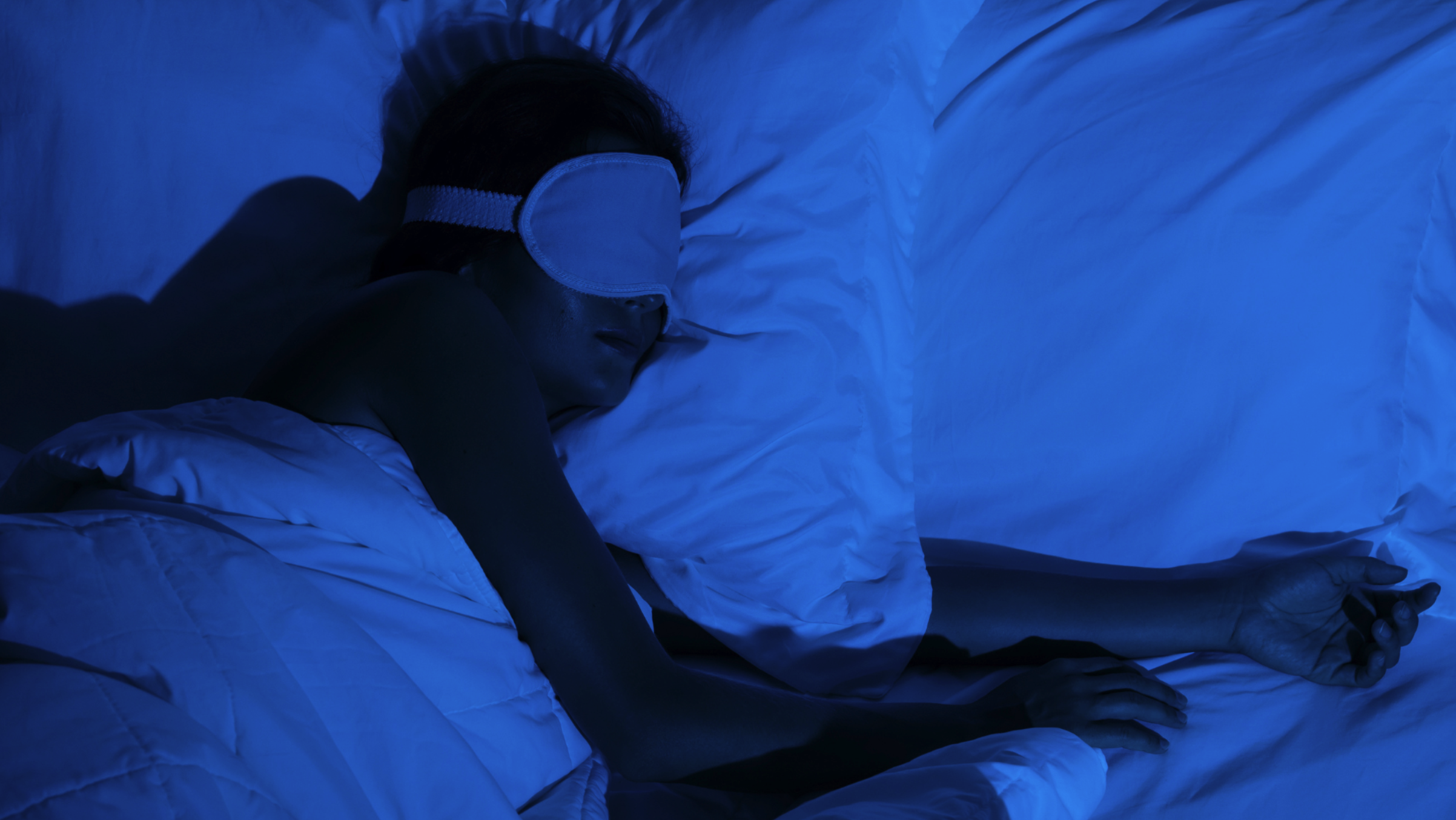Hey, fellow night owl or potential future sleep enthusiast! Let’s talk about something crucial yet often overlooked: sleep hygiene. I know, I know, it sounds like something your grandma would nag you about, but trust me, it’s worth paying attention to.
Picture this: you’ve got a big exam tomorrow, or maybe a deadline looming over your head. Your first instinct might be to pull an all-nighter fuelled by coffee and Red Bull, right? Wrong move, my friend. Sure, you might power through the night, but the consequences could haunt you later. Let’s break it down.
What’s Sleep Hygiene Anyway?
Sleep hygiene isn’t just about taking a shower before bed (though that’s important too). It’s all about your sleep habits and the quality of your ZZZs. Think of it like this: just as you need to clean up your room to keep it cozy, you need to tidy up your sleep routine to keep your mind and body in top shape.
Why Does It Matter?
First off, your health is non-negotiable. Consistently getting around 8 hours of shut-eye MINIMUM each night (yes, it varies for everyone) is crucial for your well-being. Forget the idea that sleep is for the weak or that you can sleep when you’re dead. Even superstars like Harry Styles need their beauty rest.
Example Time!
Ever tried solving a crossword puzzle before bed, determined to crack that last clue? Your brain’s on overdrive, but the answer eludes you. Here’s the twist: sometimes, the best way to find the solution is to sleep on it. Seriously, your brain needs downtime to recharge, just like a computer.
The Downside of Bad Sleep Hygiene
Poor sleep quality isn’t just a minor inconvenience. It can mess with your head and your body big time. We’re talking anxiety, depression, fuzzy thinking, and a whole lot more. Plus, pulling all-nighters isn’t as heroic as it seems. You might feel like a superhero in the moment, but your performance will likely suffer.
How to Step Up Your Sleep Game
Ready to upgrade your sleep habits? Here are some game-changing tips:
1. Ditch the screens at least an hour before bed (unless you’re using a chill app).
2. Swap Netflix for a good book or some soothing tunes.
3. Practice relaxation techniques like meditation or gentle stretching.
4. Avoid caffeine and nicotine after 2pm
5. Keep a consistent sleep schedule, even on weekends.
6. Manage stress during the day to avoid tossing and turning at night.
7. Keep your bedroom cold and dark
Remember, your sleep routine isn’t just about getting through the night. It’s about setting yourself up for success now and in the long run. So next time you’re tempted to burn the midnight oil, think twice. Your future self will thank you for it.


